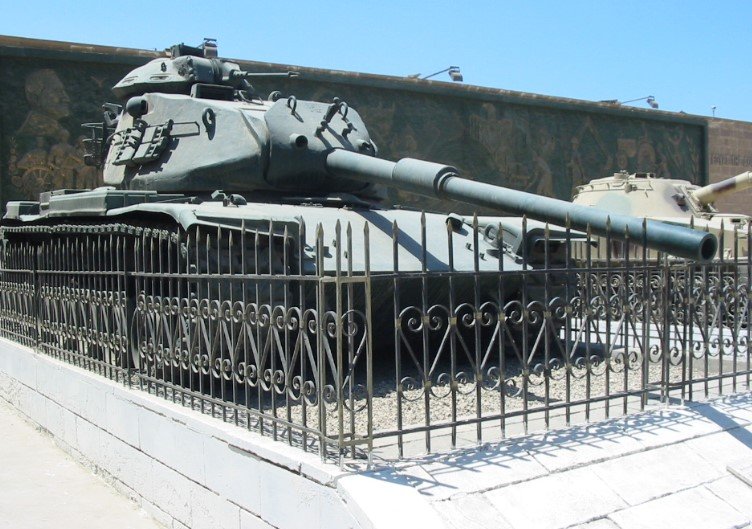Officials warn of shifting ties as Cairo moves beyond treaty limits, leaving Israel’s southern flank exposed
Israel is increasingly uneasy about Egypt’s growing military activity in the Sinai Peninsula, with officials quietly sounding alarms over a perceived unraveling of the decades-old Camp David peace treaty.
Though Cairo has not officially pulled the plug on the landmark 1979 agreement, Israeli analysts say actions on the ground paint a different picture. And it’s making Jerusalem nervous.
A Peace Treaty Under Strain
The Camp David Accords were supposed to lock in a strategic balance. Egypt agreed to strict limitations on its military forces in Sinai. In return, Israel withdrew from the peninsula and normalized relations.
But those lines appear to be blurring.
According to military sources, Egypt now has around 180 battalions deployed in the Sinai region — a massive leap from the 47 battalions permitted under the treaty.
That’s nearly quadruple the agreed-upon limit. And it’s not just a numbers game.
Egypt’s hardware presence has also expanded. The original cap of 300 tanks is long surpassed, although exact figures remain murky.
Israel, on the other hand, is shrinking its southern defense posture.

Israel’s Force Cuts Leave a Gap
Over the past decade, the Israel Defense Forces (IDF) has downsized dramatically. Six combat divisions have been eliminated. Tank reserves have been slashed. Artillery brigades? Halved.
Even basic infantry units and intelligence battalions have been reduced.
Two changes are especially concerning:
-
A shorter mandatory service period for Israeli men has reduced the pool of active-duty combat soldiers.
-
Thousands of professional career troops have exited the force.
This hollowing-out means Israel can no longer quickly muster enough forces near the Egyptian border — in peacetime or during a crisis.
Not Just Numbers — It’s the Bigger Picture
Israel’s military doctrine has always counted on early warning and swift response. But if the southern front heats up, it’s unclear whether today’s IDF could respond in time.
There’s also the wider regional context. Egypt has been deepening ties with countries and factions that are openly hostile to Israel. That includes cozying up to Iran and easing security controls around the Gaza border.
One former IDF official didn’t mince words: “We have no clear buffer anymore. It’s dangerous.”
Meanwhile, Egypt insists its forces are in Sinai to fight terrorism and maintain stability. But Israeli insiders say the deployment scale is way beyond counterterror needs.
Camp David by the Numbers
Let’s break down how Egypt’s current presence stacks up against the original Camp David limits:
| Force Type | Treaty Limit | Current Estimate |
|---|---|---|
| Mechanized Divisions | 1 | 3+ |
| Tank Brigades | 1 (300 tanks) | Estimated 800+ tanks |
| Total Battalions | 47 | ~180 |
That’s not a small discrepancy. That’s a strategic shift.
A Fragile Peace, Tested Again
The Camp David Accords have been tested before — during the Arab Spring, the fall of Mubarak, the chaos of ISIS in North Sinai. But this time feels different.
There’s no formal diplomatic fallout. No angry speeches. No severed ties.
Just quiet moves on the ground. And silence can be just as dangerous.
Israeli officials are reportedly debating whether to raise the issue with Washington, given the U.S. role as guarantor of the treaty.
One senior official noted, “This isn’t just about force count. It’s about trust. And trust is eroding.”
Looking South — and Looking Ahead
There’s no sign that Egypt plans to launch any aggression against Israel. But intent can change. Capabilities matter. And right now, Israel sees a growing imbalance.
This shift comes at a time when the IDF is already stretched thin — from the northern front with Hezbollah to operations in the West Bank and tensions with Iran.
As one security analyst put it, “You don’t need Egypt to attack tomorrow. You just need the balance to break — and the deterrence is gone.”
